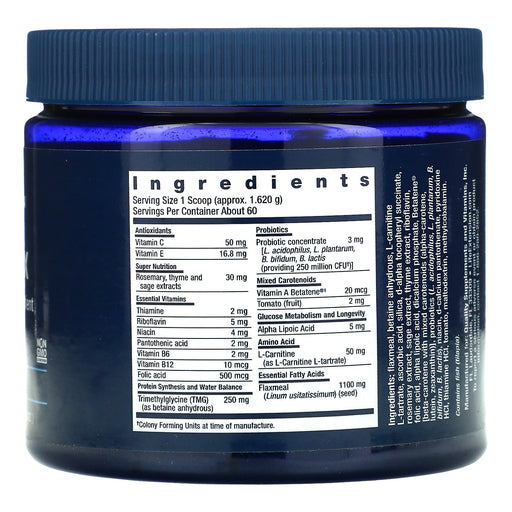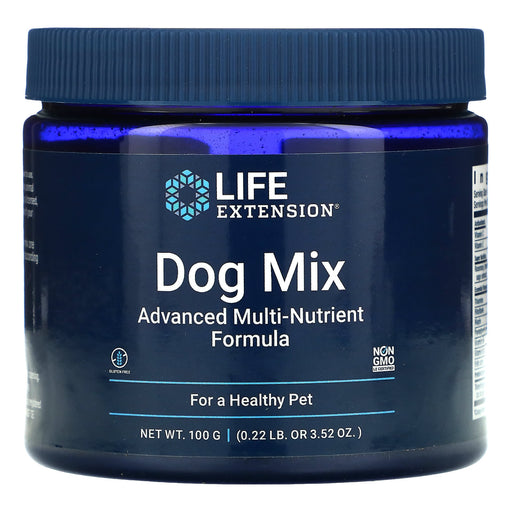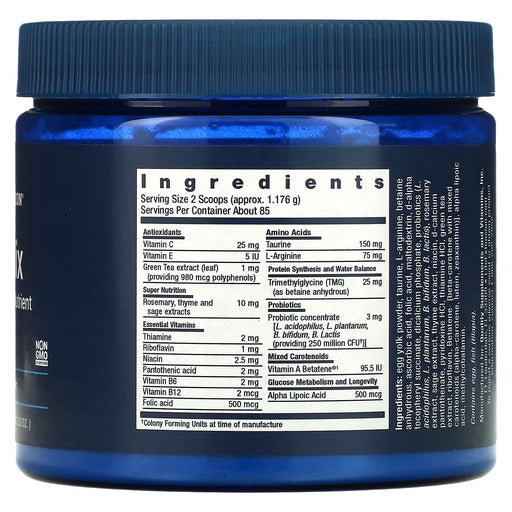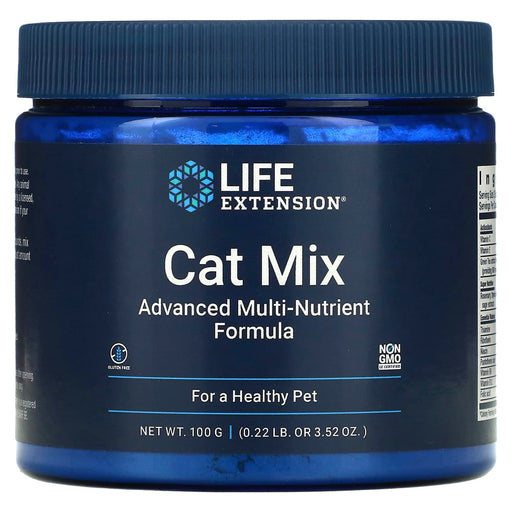
Promoting Optimal Health and Wellness for Your Beloved Pets
As pet owners, we consider our furry friends to be cherished members of our families, and their health and well-being are of the utmost importance. Pet supplements offer a targeted approach to supporting various aspects of your pet's health, from joint mobility and digestive function to skin and coat health, helping them live their best lives by your side.
Key Nutrients for Pet Health and Wellness
Pet supplements often contain essential vitamins, minerals, and other nutrients that play crucial roles in maintaining your pet's overall health and well-being. Some of the most important nutrients include:
- Glucosamine and Chondroitin: These naturally occurring compounds help support joint health and mobility by promoting cartilage formation, reducing inflammation, and protecting joint tissues from breakdown.
- Omega-3 Fatty Acids: Essential fatty acids like EPA and DHA help support skin and coat health, joint mobility, brain function, and cardiovascular health in pets.
- Probiotics: Beneficial bacteria strains, such as Lactobacillus and Bifidobacterium, help support digestive health, immune function, and overall well-being in pets.
- Vitamin E: This powerful antioxidant helps protect pets' cells from oxidative stress, supporting healthy skin, coat, and immune function.
- B Vitamins: B vitamins, such as thiamine, riboflavin, and niacin, play essential roles in energy metabolism, nervous system function, and overall health in pets.
Supporting Specific Health Needs with Pet Supplements
In addition to providing general wellness support, pet supplements can also be tailored to address specific health concerns, such as:
- Joint Health: Supplements containing glucosamine, chondroitin, MSM, and hyaluronic acid can help support joint mobility, reduce inflammation, and promote cartilage health in pets, especially as they age.
- Digestive Support: Probiotics, prebiotics, and digestive enzymes can help maintain a healthy gut microbiome, support nutrient absorption, and promote regular bowel movements in pets.
- Skin and Coat Health: Supplements containing omega-3 fatty acids, biotin, and vitamin E can help promote a shiny, healthy coat, reduce shedding, and support skin health in pets.
- Immune Support: Antioxidants like vitamin C and vitamin E, as well as immune-supporting herbs like echinacea and astragalus, can help bolster your pet's natural defenses and promote overall well-being.
Choosing the Best Pet Supplements
When selecting supplements for your furry friend, it's essential to choose high-quality products from trusted brands. Consider the following factors:
- Species-Specific Formulas: Look for supplements that are specifically formulated for your pet's species (e.g., dog or cat) and life stage (e.g., puppy, adult, or senior), ensuring optimal efficacy and safety.
- Quality Ingredients: Choose supplements that contain high-quality, clinically proven ingredients at effective doses, free from artificial additives and potential allergens.
- Veterinarian Formulated: Opt for supplements that are formulated by veterinarians or animal health experts, ensuring the products are backed by scientific research and expertise.
- Brand Reputation: Select supplements from reputable brands with a history of producing effective, science-backed pet health products and a commitment to transparency and customer satisfaction.
Incorporating Pet Supplements into Your Pet's Wellness Routine
To maximize the benefits of pet supplements and support your furry friend's overall health, consider the following tips:
- Consult with Your Veterinarian: Always consult with your veterinarian before starting your pet on any new supplement regimen, especially if they have pre-existing health conditions or are taking medications.
- Follow Dosage Instructions: Adhere to the recommended dosage on the product label, considering your pet's weight and specific health needs.
- Provide a Balanced Diet: While supplements can provide targeted nutrition, they should be used in conjunction with a balanced, species-appropriate diet that meets your pet's individual needs.
- Maintain Regular Check-Ups: Schedule regular check-ups with your veterinarian to monitor your pet's health and adjust their supplement regimen as needed.
Give Your Pets the Gift of Optimal Health with Pet Supplements
Investing in your pet's health and well-being is one of the most loving things you can do as a pet owner. By providing targeted nutrition through high-quality pet supplements, you can help support your furry friend's joint health, digestive function, skin and coat health, and overall wellness, ensuring they live a happy, healthy life by your side.
Find the perfect pet supplements for your beloved companion in our carefully curated collection, and witness the transformative power of science-backed nutrition. With a commitment to quality, efficacy, and your pet's individual needs, Health Orchard is here to support you in giving your furry friend the best possible care.
Frequently Asked Questions about Pet Supplements
1. What is a pet supplement?
A pet supplement is a dietary product designed to provide additional nutrients, vitamins, minerals, or other beneficial compounds to support a pet's health and well-being. These supplements are formulated to address specific health concerns or to promote overall wellness in dogs, cats, and other companion animals. Pet supplements come in various forms, such as chews, tablets, powders, or liquids, and can be given in addition to a pet's regular diet. Some common types of pet supplements include joint support, skin and coat health, digestive aids, and multivitamins. It's essential to consult with a veterinarian before giving any supplements to your pet to ensure safety and appropriate dosing.
2. What is the best supplement for dogs?
The best supplement for dogs depends on the individual animal's age, health status, and specific needs. Some of the most commonly recommended supplements for dogs include:
- Glucosamine and chondroitin: Supports joint health and mobility, particularly in older dogs or those with arthritis.
- Omega-3 fatty acids: Promote skin and coat health, reduce inflammation, and support cognitive function.
- Probiotics: Aid in digestive health, immune function, and overall well-being.
- Multivitamins: Ensures adequate intake of essential vitamins and minerals, particularly for dogs with dietary restrictions or health conditions.
- Antioxidants: Support immune health, reduce oxidative stress, and promote overall wellness.
It's crucial to choose high-quality supplements from reputable brands and to consult with a veterinarian to determine the most appropriate supplements for your dog's specific needs.
3. Are pet supplements necessary?
Pet supplements can be beneficial for certain animals, but they are not always necessary. The need for supplements depends on various factors, such as the pet's age, health status, diet, and lifestyle. In some cases, supplements can help address specific health concerns or provide additional support for optimal wellness. For example:
- Senior pets may benefit from joint support supplements to maintain mobility and reduce inflammation.
- Pets with skin allergies or dry coats may benefit from omega-3 fatty acid supplements.
- Animals with digestive issues may find relief with probiotic supplements.
- Pets on homemade or limited-ingredient diets may require multivitamin supplements to ensure adequate nutrient intake.
It's essential to consult with a veterinarian to determine if supplements are appropriate for your pet's individual needs.
4. Do dog supplements really work?
The effectiveness of dog supplements depends on various factors, such as the quality of the product, the specific health concern being addressed, and the individual dog's response. Many high-quality supplements have been formulated based on scientific research and have been shown to provide tangible benefits for canine health. For example:
- Glucosamine and chondroitin supplements have been extensively studied and shown to improve joint health and mobility in dogs with arthritis.
- Omega-3 fatty acid supplements have been demonstrated to reduce inflammation, improve skin and coat health, and support cognitive function in dogs.
- Probiotic supplements have been shown to promote digestive health, reduce the incidence of diarrhea, and support immune function in dogs.
Regular monitoring and follow-up with your veterinarian can help assess the effectiveness of the supplements and make any necessary adjustments.
5. Do vets recommend supplements?
Yes, many veterinarians recommend supplements for pets based on their individual needs and health concerns. Veterinarians are well-informed about the potential benefits and risks of various supplements and can provide guidance on which products are most appropriate for a specific animal. Some common scenarios where veterinarians may recommend supplements include:
- Joint support for senior pets or those with mobility issues
- Omega-3 fatty acids for pets with skin allergies, dry coats, or inflammatory conditions
- Probiotics for pets with digestive issues or to support overall gut health
- Multivitamins for pets on homemade or limited-ingredient diets to ensure balanced nutrition
- Specific supplements to address certain health conditions, such as urinary tract support or anxiety relief
Supplements should be used to complement a healthy diet and lifestyle, not replace them. It's essential to consult with your veterinarian before starting any supplement regimen to ensure safety, appropriate dosing, and compatibility with your pet's current diet and medications.
6. Should I give my dog supplements every day?
The frequency of giving supplements to your dog depends on the specific product, its purpose, and your veterinarian's recommendations. Some supplements, such as multivitamins or joint support formulas, may be recommended for daily use to maintain consistent levels of key nutrients or to provide ongoing support for specific health concerns. Other supplements, such as probiotics or omega-3 fatty acids, may be recommended for daily use during a specific treatment period or as a long-term preventive measure.












